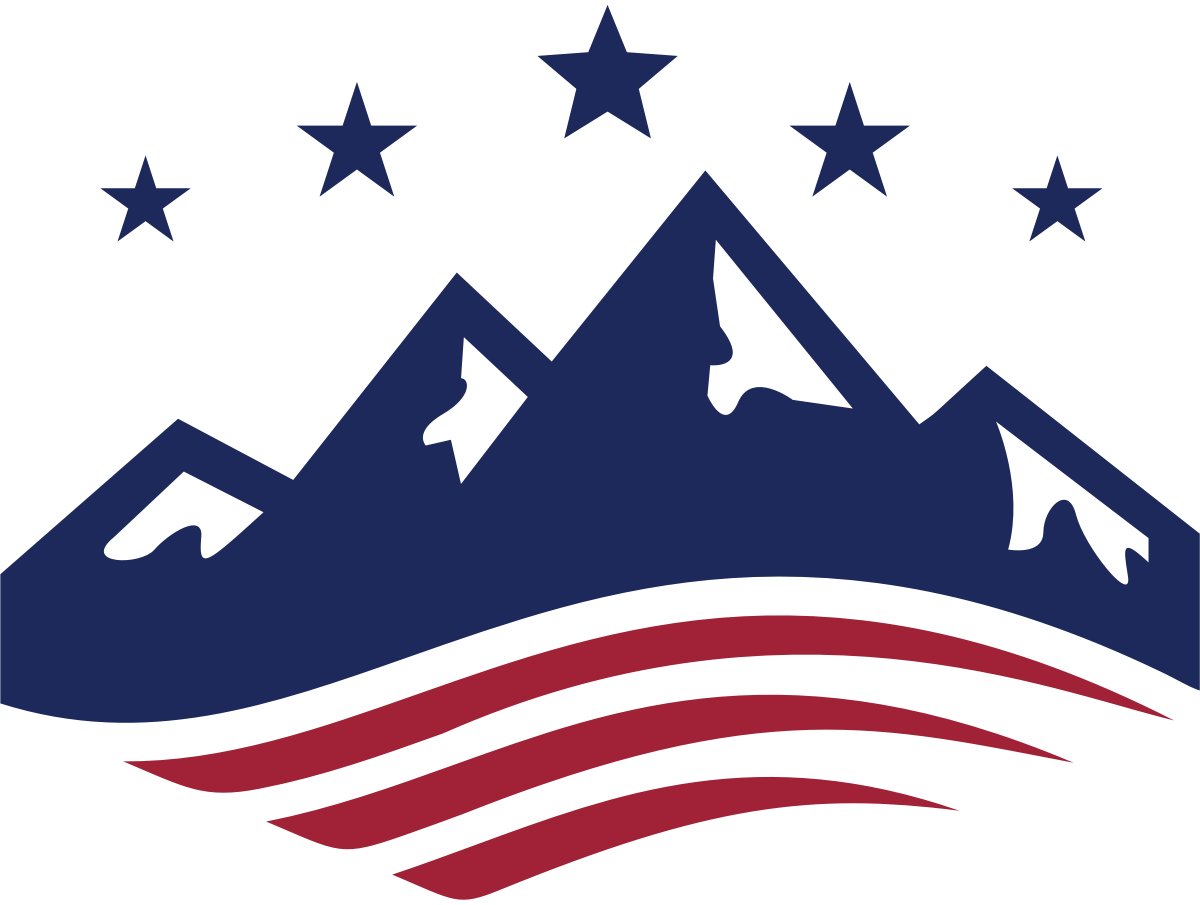
Written by Krisana Finlay
July 13, 2023

A new federal law intended to protect pregnant women from workplace discrimination recently went into effect. Below is a summary of the new law, referred to as the Pregnancy Fairness Workers Act (PWFA).
This summary is intended for Utah employers and business-focused policymakers who are looking to empower employees in the workplace. It gives a quick overview of what the law is, what it does, who it applies to, and what employers and lawmakers need to know moving forward.
What is the Pregnant Fairness Workers Act?
The Pregnant Workers Fairness Act (PWFA) is a new federal law that came into effect June 27, 2023, and declares that covered employers are required to provide reasonable accommodations for eligible employees with known limitations regarding pregnancy, childbirth and related medical conditions, unless such accommodations place an undue hardship on the employer. If you are a private or public sector employer with at least 15 employees, or if you are Congress, a federal agency, an employment agency, or a labor organization, this new law applies to you.
What is unique about the PWFA?
Prior to the passage of PWFA, federal and state legal protections for working pregnant women in Utah included the following:
- Title VII of the Civil Rights Act of 1964 which prohibits sex discrimination, including pregnancy discrimination. This includes situations of current, past, potential and future pregnancy, breastfeeding, abortion choices, and birth control.
- The Pregnancy Discrimination Act (PDA) of 1978 that prohibits employers from discriminating on the basis of sex, including pregnancy, childbirth, or related medical conditions.
- The Americans with Disability Act (ADA) of 1990 that prohibits employers discriminating against, and provide reasonable accommodations for, employees with a disability. As it pertains to situations of pregnancy, the ADA applies to employees if their impairments related to pregnancy reach the level of disability or when an employee acquires a disability because of, or during, their pregnancy.
- The Family Medical Leave Act (FMLA) of 1993 which requires covered employers with 50 or more employees to provide 12 weeks of leave, either paid or unpaid, after having a newborn baby.
- The Providing Urgent Maternal Protections for Nursing Mothers Act (PUMP Act) of 2022 which requires covered employers to provide nursing mothers reasonable break time and a clean, sanitary and private space to nurse for one year after the child’s birth.
- Utah’s Antidiscrimination and Workplace Accommodations Revisions legislation (AWAR) of 2016 requires employers with 15 or more employees to accommodate employees in situations of pregnancy, childbirth, or related conditions if “medically advisable.” This revision was in addition to previous statute that prohibited discrimination based on these conditions.
The Pregnancy Workers Fairness Act (PWFA) goes beyond these previous laws and requires employers to:
- Provide reasonable accommodations for eligible employees even when their known limitations from pregnancy, childbirth and related medical conditions do not rise to the level of disability as outlined in the ADA.
- Provide reasonable accommodations even when an eligible employee cannot perform the basic functions of their job, as long as that performance limitation is temporary.
- Engage in “good faith” conversations around reasonable accommodations with the eligible employee, which the act refers to as “interactive process.”
As an employer, what do I need to be careful of?
The PWFA prohibits covered employers from:
- Not making a reasonable accommodation for the eligible employee’s known limitation relating to pregnancy, childbirth, or related medical condition, unless it imposes an undue hardship for the employer.
- Requiring an eligible employee to accept a reasonable accommodation other than that which has been arrived at through the interactive process.
- Denying employment opportunities based on the need for reasonable accommodations for an eligible employee, or “tak[ing] adverse action in terms, conditions, or privileges of employment against a qualified employee on account of [the] eligible employee requesting or using a reasonable accommodation relating to pregnancy, childbirth, or related medical conditions.”
- Forcing a qualified employee to take leave when reasonable accommodations can be made by the employer. In other words, leave is the last resort unless that is the communicated preference of the employee.
- Retaliation against an employee in the process of seeking or enjoying a reasonable accommodation because of pregnancy, childbirth, or related medical conditions.
The PWFA mentions “related medical conditions.” What are related medical conditions?
We don’t know yet. While some pregnancy-related medical conditions may be apparent, like morning sickness, breastfeeding, etc., the EEOC will release detailed regulations in the future pertaining to the PWFA. These regulations will include a more comprehensive description of what kinds of related medical conditions fall under the new law.
What are reasonable accommodations?
The PWFA adheres to the same definition for reasonable accommodation as that outlined in the Americans with Disabilities Act (ADA), which is “a modification or adjustment to a job, the work environment, or the way things are usually done during the hiring process.” The U.S. Department of Labor shared that reasonable accommodations can include making existing facilities accessible; job restructuring; part-time or modified work schedules; acquiring or modifying equipment; changing tests, training materials or policies; and providing qualified readers or interpreters.
When do I need to start accommodating eligible employees?
Under the new PWFA statute, the EEOC began accepting charges of discrimination pertaining to incidents that occurred on or after June 27, 2023.
Can state laws override this federal law?
No, unless the state law provides further employee protection than what the PWFA provides.
As an employer, what resources exist to help me comply with the PWFA?
- The Job Accommodation Network (JAN), a federally funded information and assistance service, provides free consulting services to private employers and federal, state and local governments with questions about reasonable accommodations.
- The EEOC provides a training institute for employers to help with compliance.
- For basic pregnancy discrimination enforcement guidance from the EEOC, click here. Modified enforcement guidance may be released in the future because of the PWFA.
- In their “What You Should Know” series, the EEOC provides a breakdown of what to know about the PWFA.
- The Utah Department of Workforce Services Human Resources website has events, posters and employer tools.
- The Utah Labor Commission’s Utah Occupational Safety and Health Division Compliance website offers free compliance assistance by specialists who provide information to increase safety and health in the workplace.

Insights: analysis, research, and informed commentary from Sutherland experts. For elected officials and public policy professionals.

- An important law recently came into effect called the Pregnancy Workers Fairness Act.
- Covered employers have new requirements and restrictions around providing reasonable accommodations for eligible employees in situations of pregnancy, childbirth and related medical conditions.
- Employers can be penalized for lack of compliance as of June 27, 2023.
Read More
Protecting property rights against government overreach
While governments can continue to regulate land use, these regulations and fees must be justified by a government interest and proportional to the effect of the development’s impact on that interest.
Do we need to care about the Utah State Board of Education?
For any Utah voters who also feel like K-12 public education is headed in the wrong direction, learning about the candidates running for a seat on the Utah State Board of Education (USBE) is a wise choice this election season.
Defending education choice the right way
Education choice has exploded in popularity across the nation in recent years. So why does it remain a contentious point of debate in some parts of the country?


